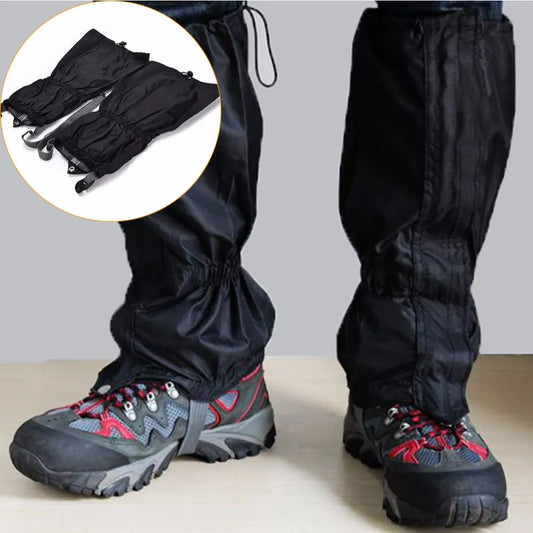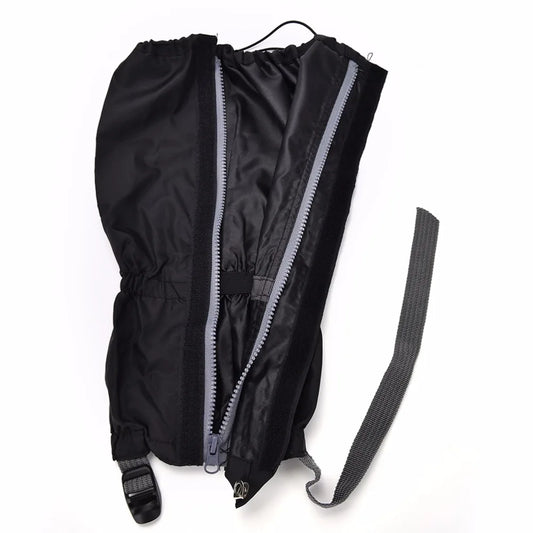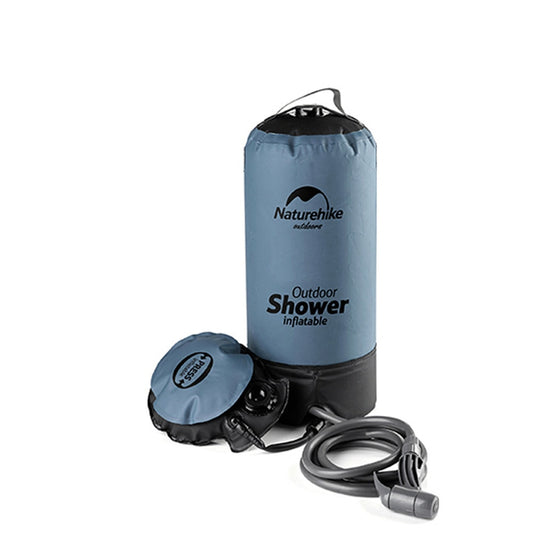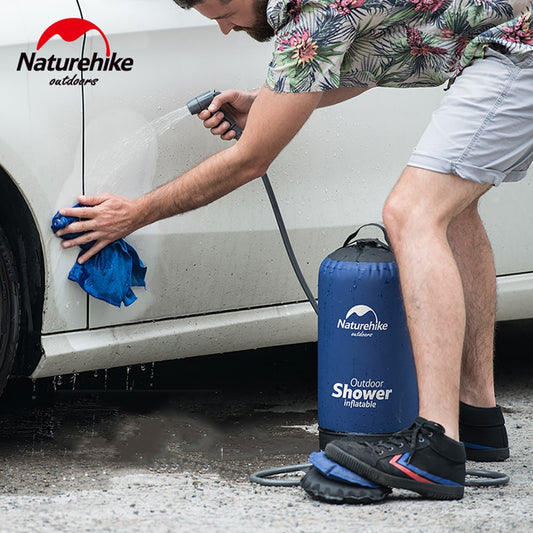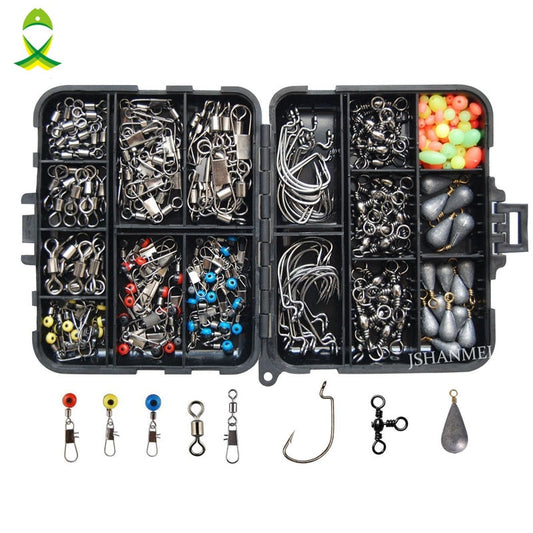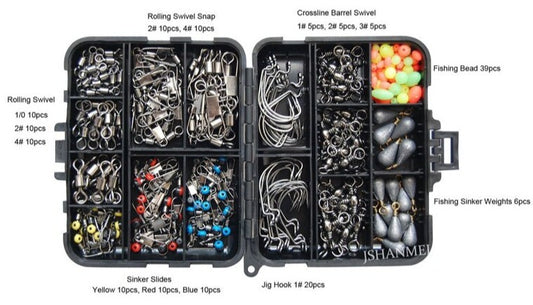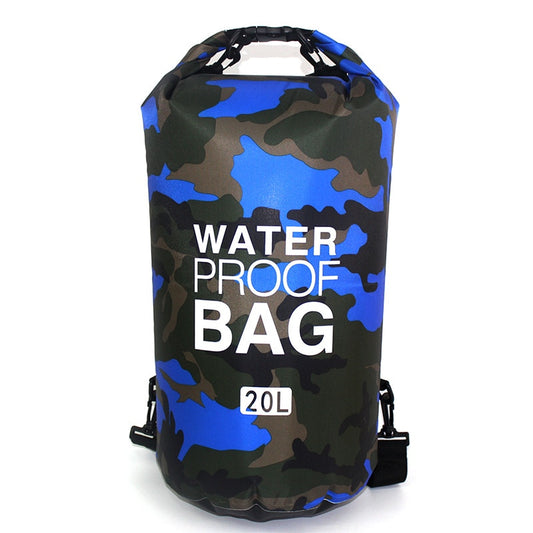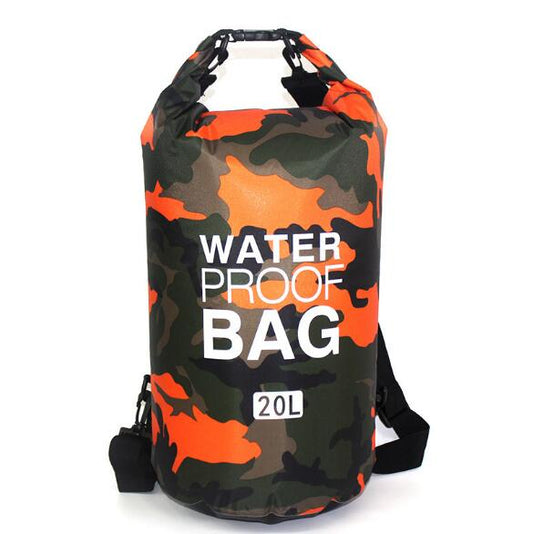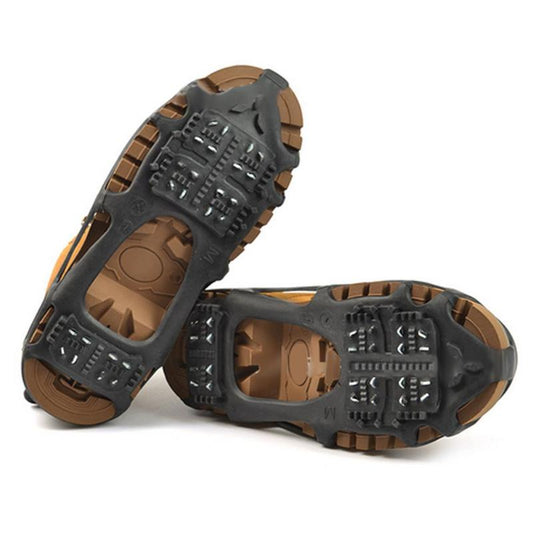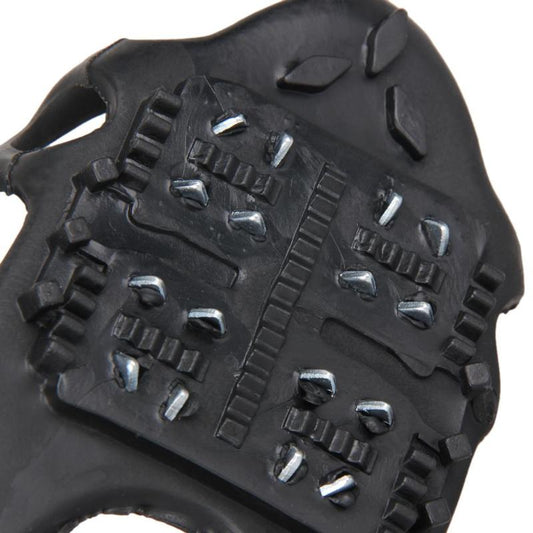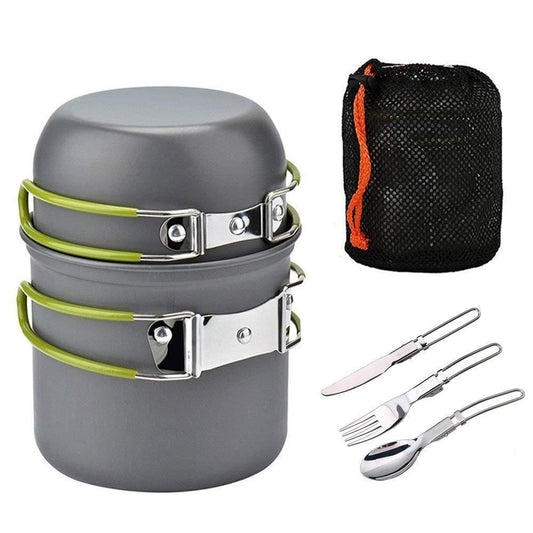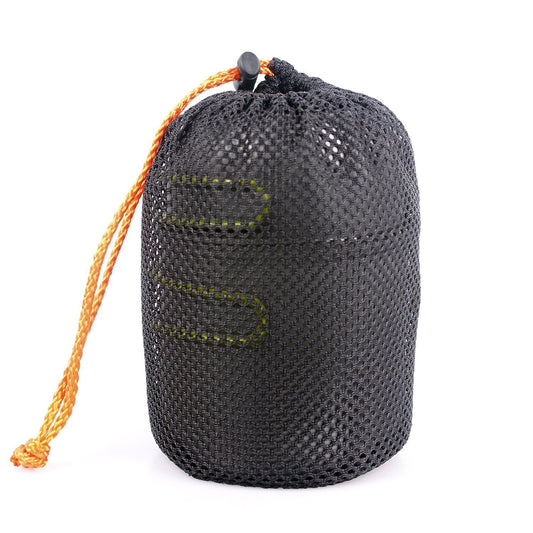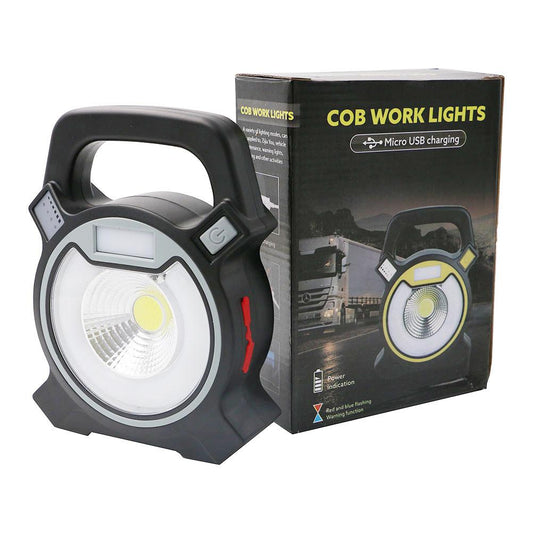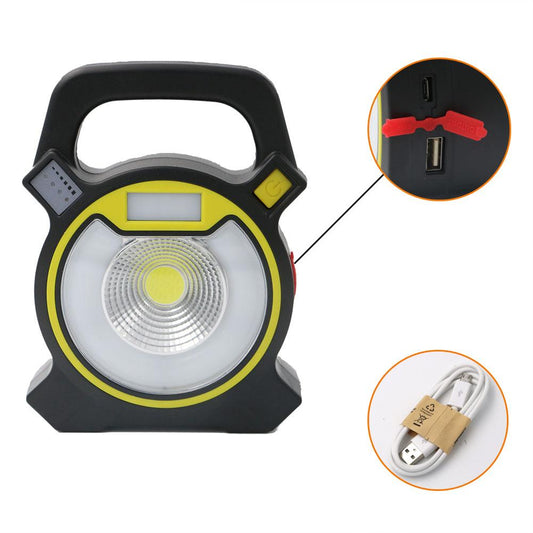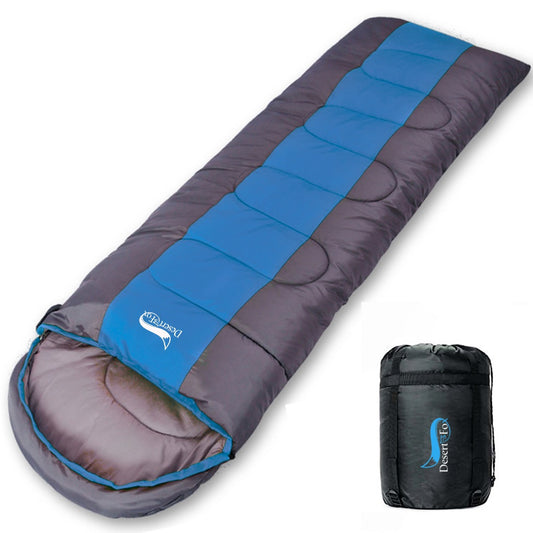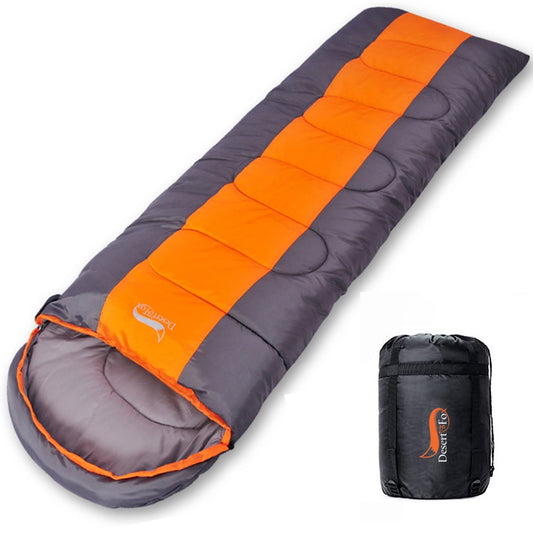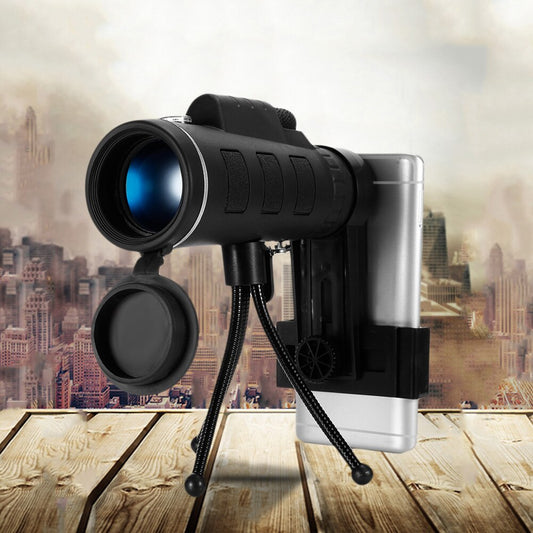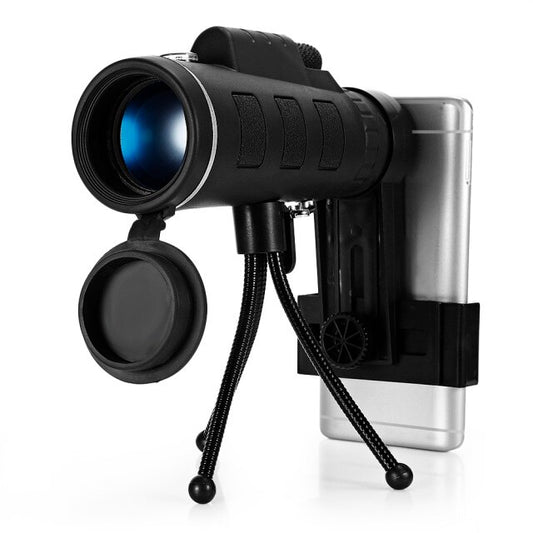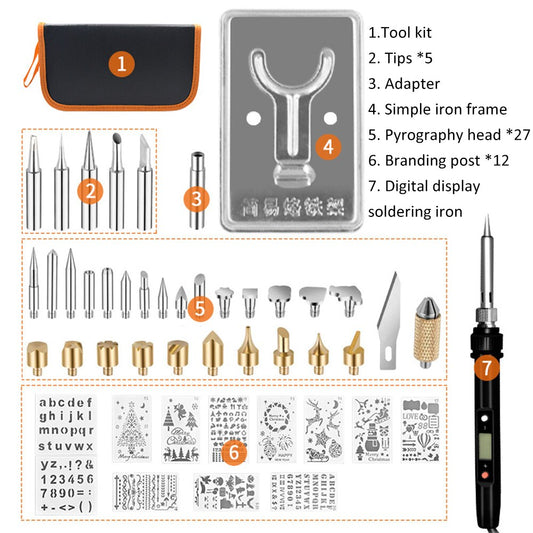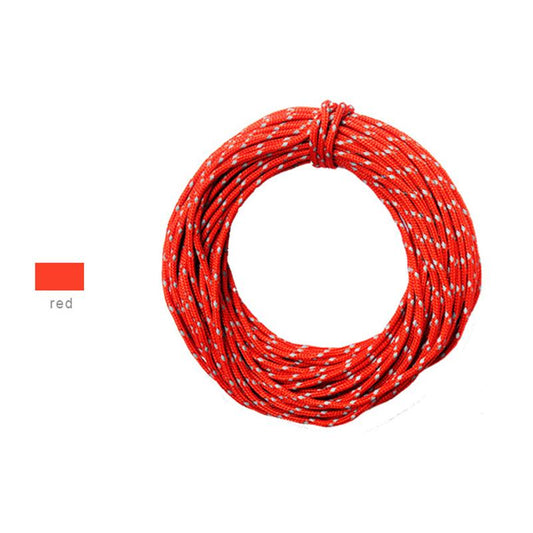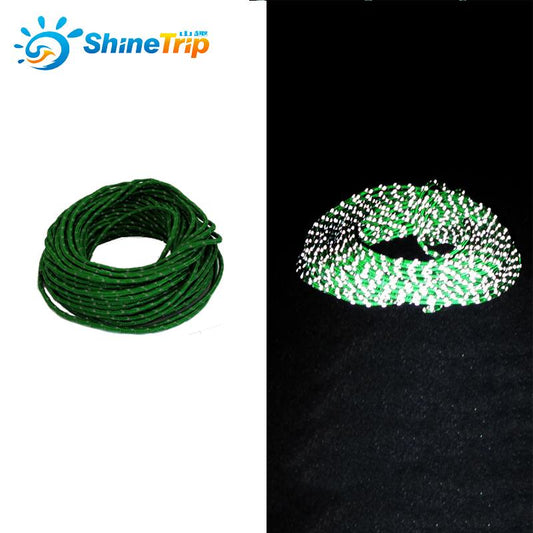
Best Ways To Survive A Winter Power Outage
Share
This has been a pretty crazy winter and it's not over yet. I've seen more snow and freezing temperatures this year than I personally have seen in at least 16 years. Unfortunately, I've also seen or heard about more power outages as well. With those, there are deaths nearly every time due to lack of emergency preparedness.

Winter power outages can be a challenging and uncomfortable experience, especially when temperatures drop to freezing or below. Without electricity, heating systems, and other essential appliances, it can be challenging to stay warm and safe.
However, there are several ways to stay warm during a winter power outage. By taking some simple measures and being prepared, you can keep yourself and your loved ones warm and comfortable until power is restored. In some cases, this could mean the difference in life or death.
In this article, we will discuss five effective ways to stay warm during a winter power outage, so you can be prepared and stay safe in case of an emergency.
-
Layer up: Wear several layers of warm clothing, including thermal underwear, socks, sweaters, gloves, and a winter jacket. Cover your head with a hat, wear gloves, and wrap a scarf around your neck to prevent heat loss.
-
Use blankets and sleeping bags: Cover yourself with blankets or a sleeping bag to keep warm. Place blankets over windows and doorways to prevent drafts and keep heat inside the room. You can also use heated mats, as long as you've already charged them up or have a generator that you can plug them into.
-
Use a fireplace or wood stove: If you have a fireplace or wood stove, use it to keep your home warm. Burning wood generates heat that can keep you warm, and it can also provide light.
-
Use alternative heating sources: If you don't have a fireplace or wood stove, consider using alternative heating sources such as propane or kerosene heaters. However, use these heaters with caution and follow the manufacturer's instructions to prevent carbon monoxide poisoning.
-
Stay active: Physical activity can help you generate body heat and stay warm. Do simple exercises such as jumping jacks or push-ups, or walk around the house to get your blood flowing. You can also engage in other activities such as reading or playing board games to take your mind off the cold.
- Camp out Indoors: If you can’t get your hands on a generator or heater, consider camping out inside your home. A tent and sleeping bags can help keep you and any family members warm and safe, particularly through the night when temperatures tend to drop.
Staying warm during a winter power outage is crucial for your health and safety. By following the tips we have outlined in this article, you can keep yourself and your family warm and comfortable until the power is restored.
Additionally, make sure you have emergency supplies on hand, such as extra blankets, batteries, flashlights, and a first-aid kit. Being prepared and taking necessary precautions can help you weather the storm and stay safe during a winter power outage.
Here are a few other ways to stay warm during a power outage, especially when the temperature drops to 19 degrees Fahrenheit or below. Here are some additional tips:
-
Stay in one room: Try to stay in one room, preferably a small one, to conserve heat. Close the doors and use draft stoppers to prevent cold air from entering the room. You can also use a tent to keep that air warm.
-
Use hot water bottles: Fill hot water bottles with warm water from your hot water heater and place them in your bed or on your lap to stay warm. You can also wrap them in a towel or a blanket to prevent burns.
-
Use hand warmers: Hand warmers are small packets that generate heat when activated. You can place them in your pockets, gloves, or socks to keep your hands and feet warm.
-
Use a generator: If you have a generator, use it to power essential appliances such as heaters, electric blankets, and hot water heaters. However, use it with caution and follow the manufacturer's instructions.
-
Use a car battery: You can also use a car battery to power small appliances, such as a portable heater or a fan. However, be sure to use the correct adapter and follow safety precautions.
Remember, it's important to stay warm and safe during a power outage, especially in very low temperatures. Keep yourself well-hydrated, eat warm and hearty meals, and avoid alcohol and caffeine, which can cause dehydration and make you feel colder. Stay alert for signs of hypothermia, such as shivering, confusion, and slurred speech, and seek medical attention if necessary.
The number of people who die of exposure during a power outage can vary depending on several factors, such as the temperature, the duration of the outage, and the availability of emergency services.
 According to the Centers for Disease Control and Prevention (CDC), from 1999 to 2011, there were 16,911 deaths in the United States attributed to exposure to excessive natural cold. However, this number includes all deaths related to exposure to cold, not just those related to power outages.
According to the Centers for Disease Control and Prevention (CDC), from 1999 to 2011, there were 16,911 deaths in the United States attributed to exposure to excessive natural cold. However, this number includes all deaths related to exposure to cold, not just those related to power outages.
It's important to remember that exposure to extreme cold can be a serious and potentially life-threatening situation, especially for vulnerable populations such as the elderly, infants, and people with chronic medical conditions. If you are experiencing a power outage during cold weather, take steps to stay warm and safe, such as those outlined in our previous answer. If you or someone you know is experiencing symptoms of hypothermia, seek medical attention immediately.
Experiencing anxiety about freezing to death during a power outage is a common fear, especially if you live in an area with cold temperatures. Here are some tips that may help relieve your anxiety:
-
Be prepared: Having a plan in place for a power outage can help alleviate anxiety. Make sure you have emergency supplies on hand, such as blankets, extra clothing, flashlights, and batteries. Having these supplies can help you feel more in control and prepared for a power outage.
-
Stay informed: Stay informed about the weather and power outage updates from local authorities. Knowing what to expect can help you plan and reduce anxiety.
-
Practice relaxation techniques: When you start to feel anxious, take deep breaths, and practice relaxation techniques and natural healing such as meditation or yoga. These techniques can help reduce stress and promote feelings of calm.
-
Talk to someone: Talking to someone about your anxiety can be helpful. Consider speaking with a trusted friend or family member, a therapist, or a counselor. They can provide you with support and help you develop coping strategies.
-
Focus on the present: Try not to focus too much on the worst-case scenario. Instead, focus on the present moment and the things you can control. This can help you feel more grounded and less anxious.
Remember, feeling anxious about a power outage is understandable, but taking steps to prepare and stay informed can help alleviate anxiety.
NOTE:
- Never use a generator indoors or within 20 feet of your house.
- Have working smoke and carbon monoxide alarms on every floor.
- If you use your car to stay warm or charge devices, make sure it’s outside the garage.
- Never use a device (such as an oven) to produce heat unless that’s its intended purpose.
- Indoor portable heaters should have an automatic shutoff switch in case they tip over.



